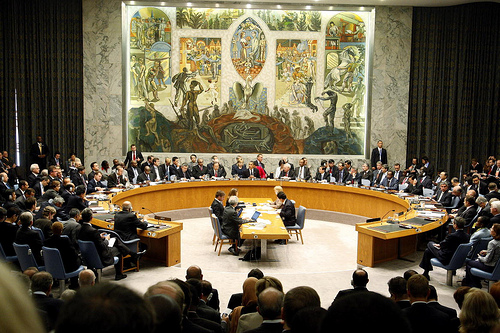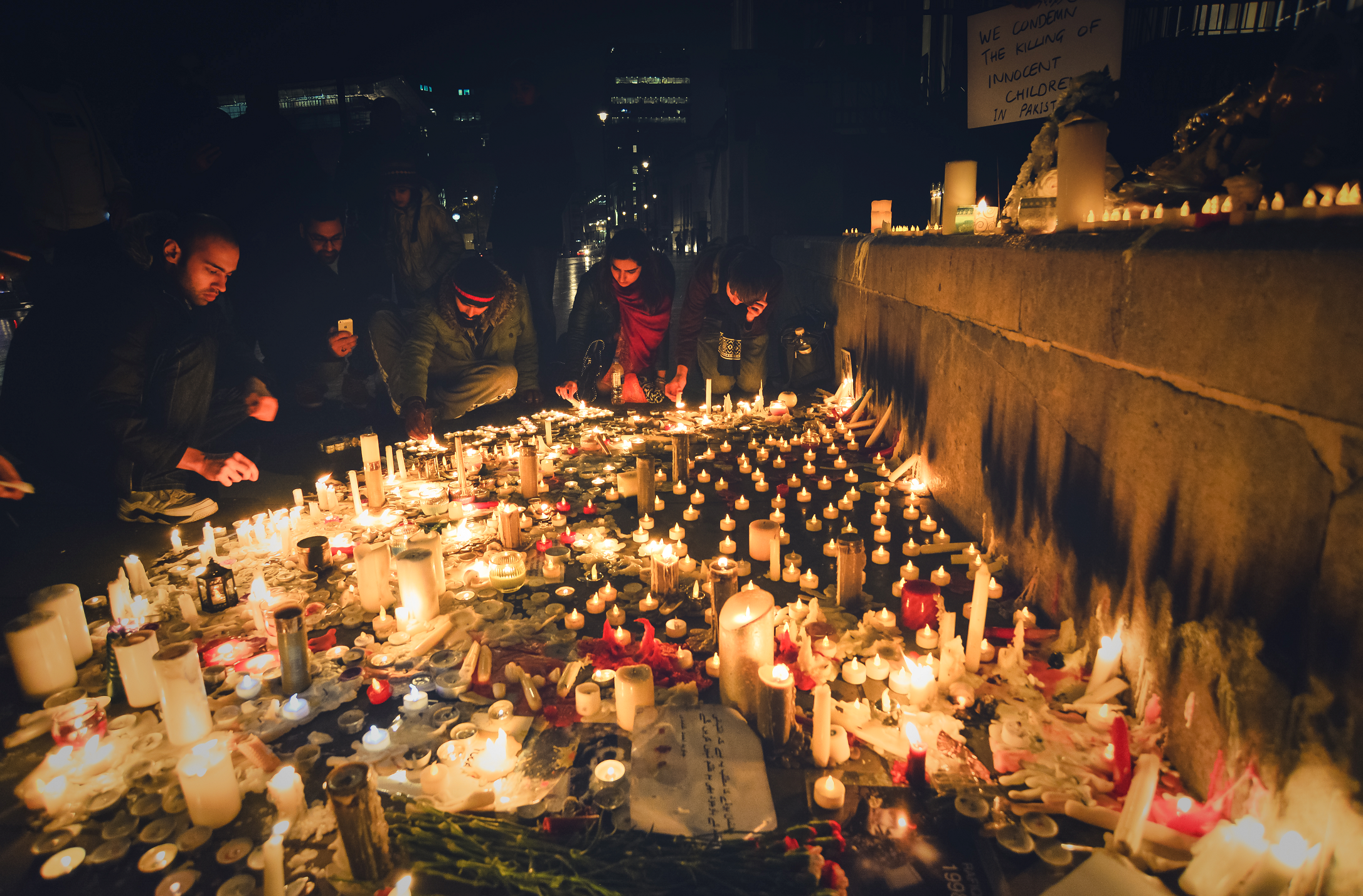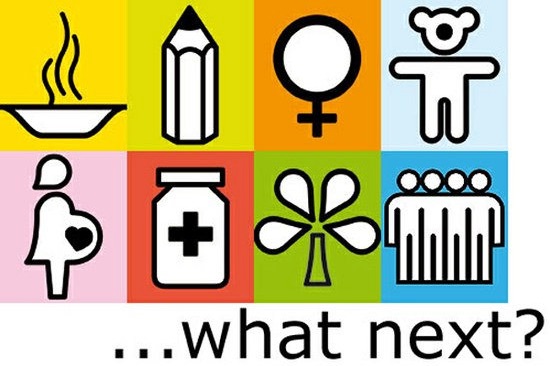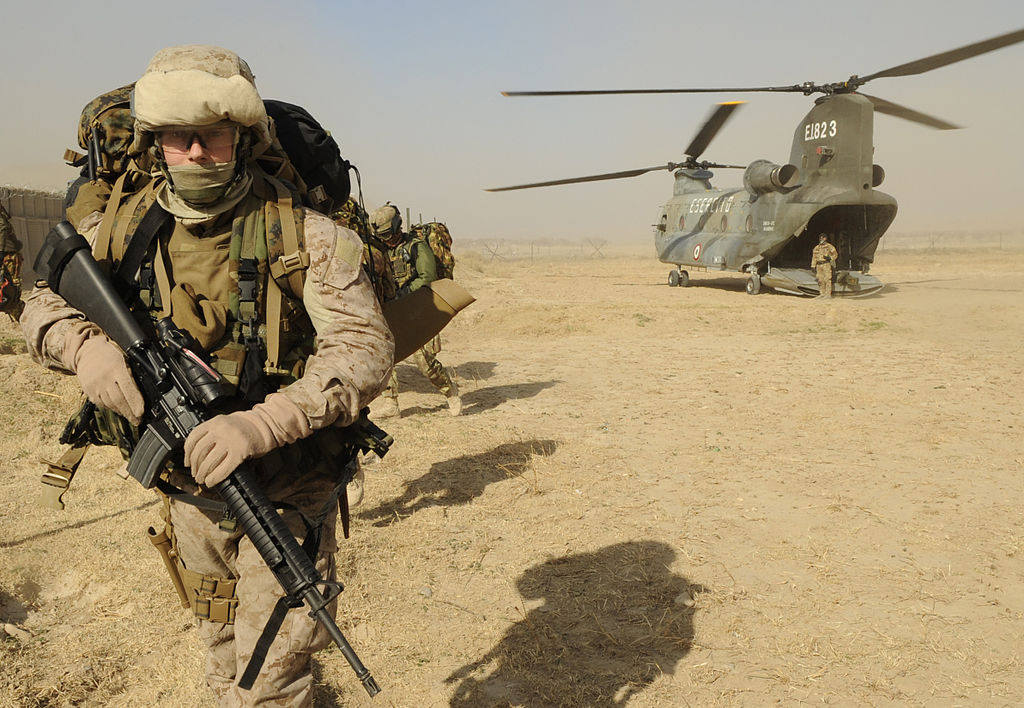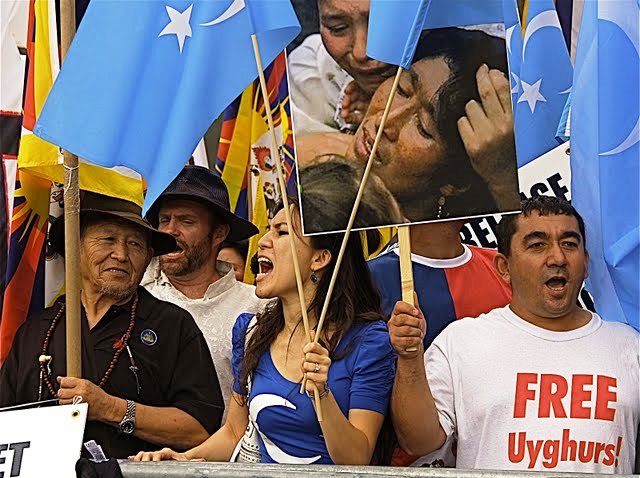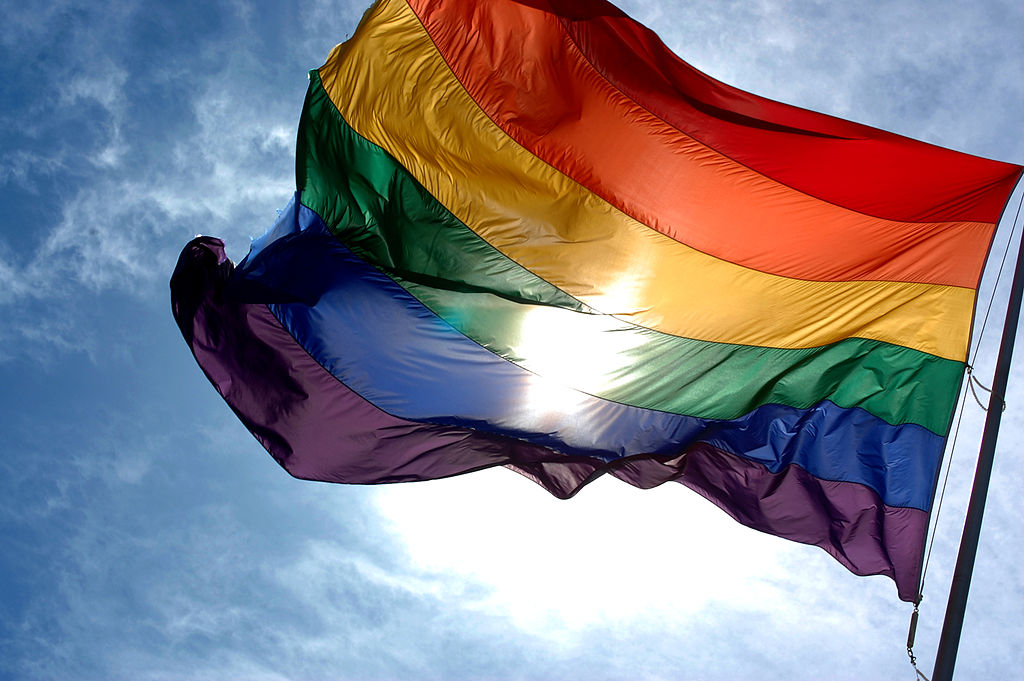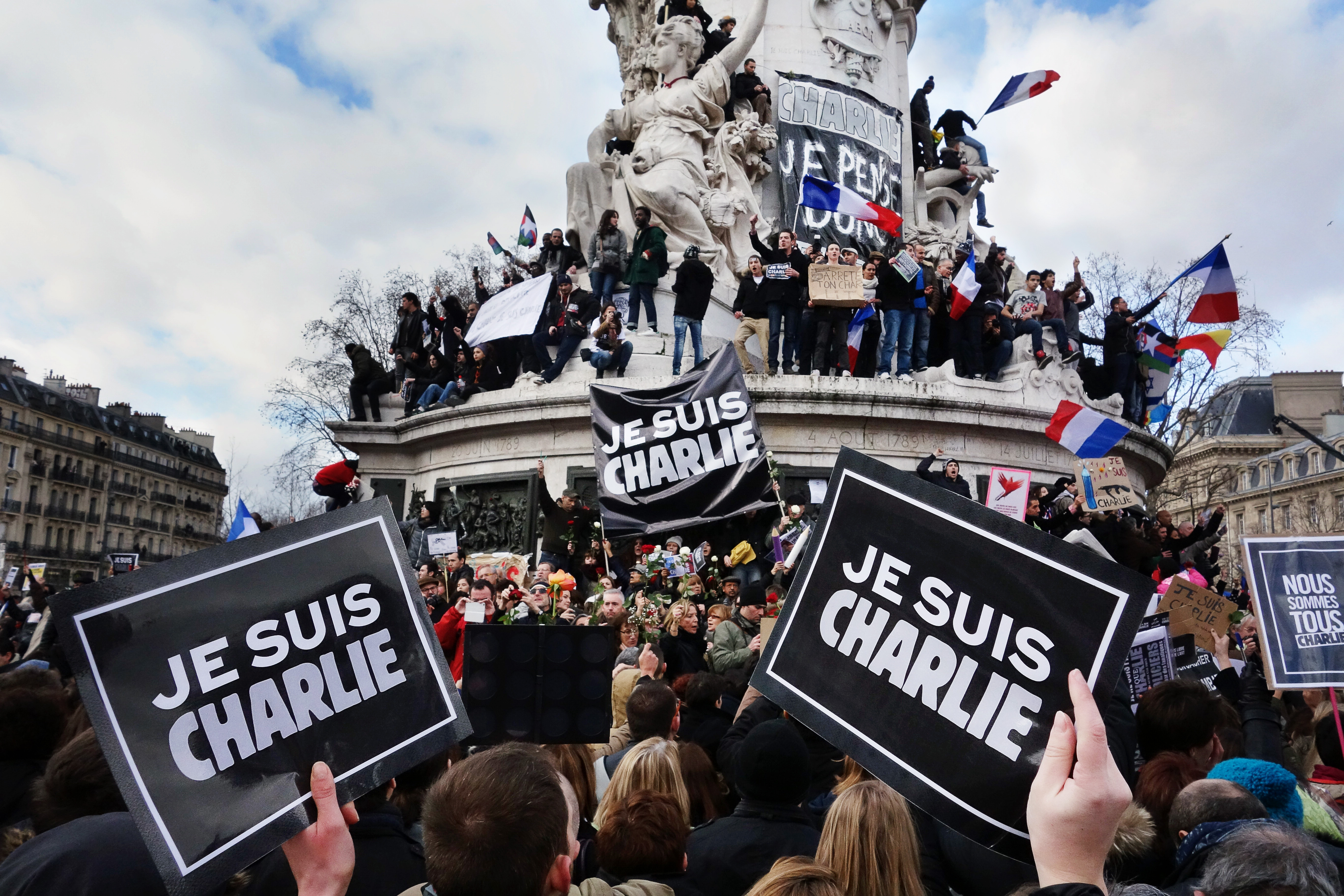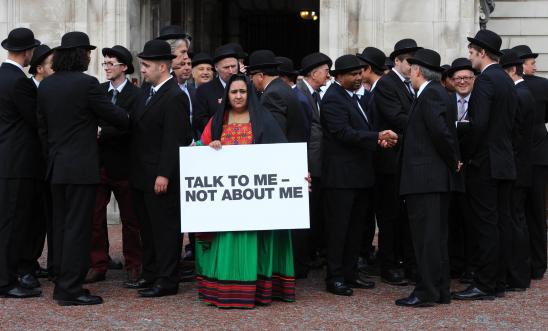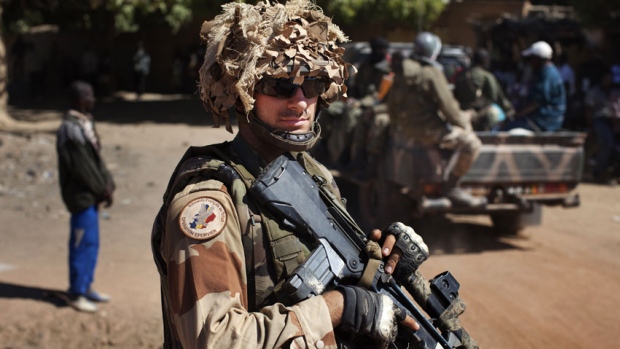Zaid Al-Nassir explores the history of UNSC resolution 1325 on Women in Security, and examines the Security Council’s implementation of the agenda thus far.
Human Rights
The Peshawar Attack and What’s Next
In part 1 of 2, Rija writes on the recent Taliban attack in Peshawar, and the ramifications for the future of Pakistan
Post-2015 Agenda: The Future of Economic and Social Development
In her discussion of the post-2015 development agenda, Ashley Boyes asks the question, what next?
Militarized Masculinity and Gendered Security: War and Peace From a Feminist Perspective I
Saman Rejali explores how gendered notions of war impact the exclusion of raped victim’s experiences during “peace” time.
The Issue with the Paris Unity March
The pen is still mightier than the sword according to the 1.6 million people who attended the Paris Unity March on January 11. The death of 12 members of the satirical magazine Charlie Hebdo, and the murder of a further five French citizens by Islamic terrorists, provoked a massive national unity march which was attended Read More…
The “Clash of Civilizations” Between Muslims and the Han Within China
Angel examines the “clash of civilizations” theory and its common resurfacing in culture and international relations
The Imperial and Religious Roots of Anti-Homosexuality Legislation in the Global South and Eastern Europe
In his latest article, Kabir Bhatia explores Uganda’s, Goa’s, and Russia’s anti-homosexuality stances, and their roots in the doctrines of the Orthodox and Catholic churches.
“Je Suis Charlie?”: France Divided Through Social Media
Brian examines various reactions from social media users regarding the Paris attacks
The Battle over Women’s Rights in Afghanistan
Saman Rejali argues that while women’s rights served as a legitimizing force for the war in Afghanistan, Afghan women continue to be left out of the post-war decision-making processes affecting their lives.
The New Mission in Mali
With the French intervention in Mali gaining considerable ground, Paul Pryce calls for renewed focus on humanitarian aid.

